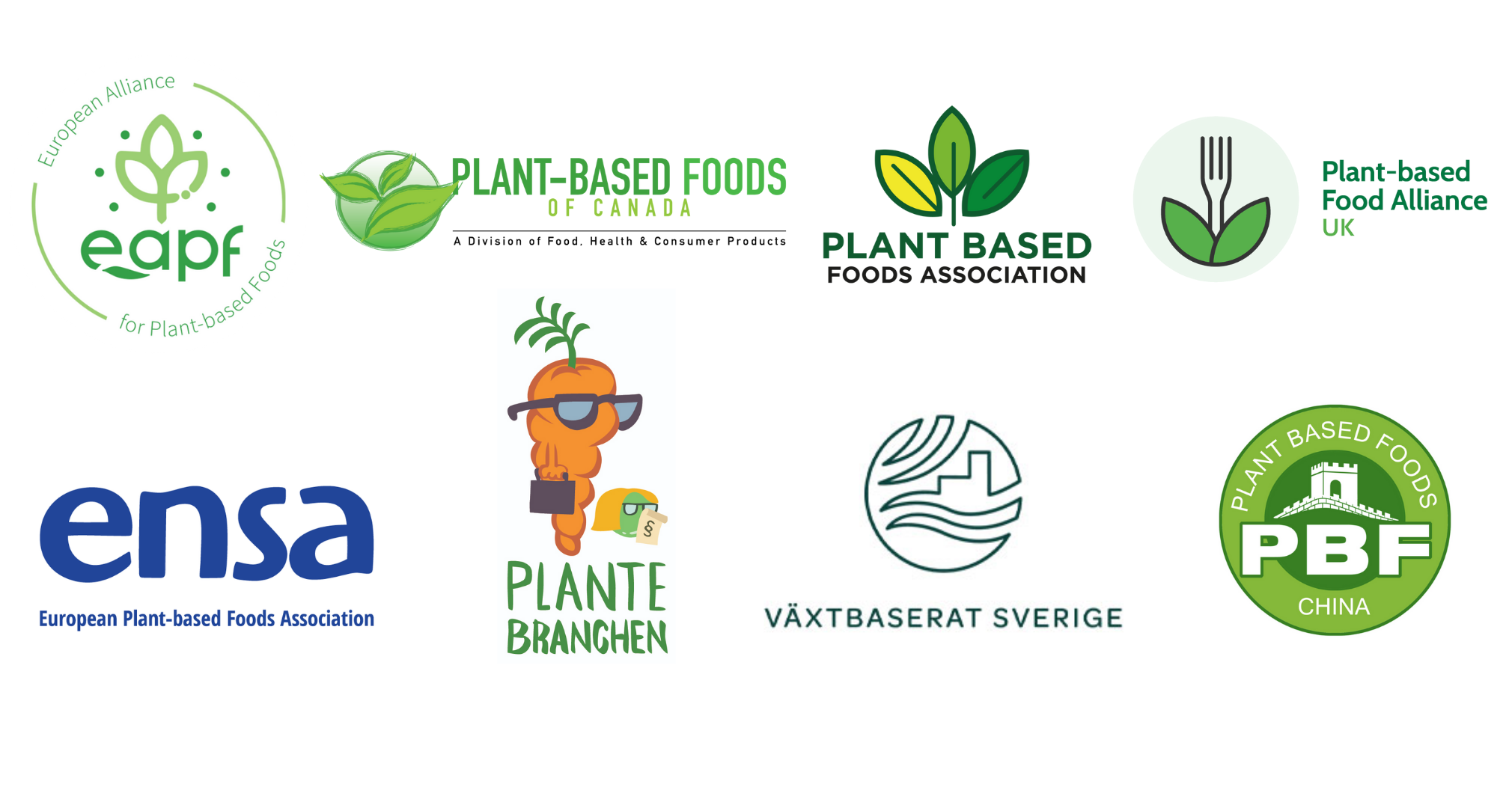COP26: International Plant-Based Foods Working Group calls on international community to prioritize plant-based
International Plant-Based Foods Working Group calls on the international community and national governments to harness the power of a plant-based food system for sustainability and to fight climate change
November 4, 2021 – The International Plant-Based Foods Working Group calls on the international community and national governments to make a predominantly plant-based food system a central part of global and national strategies to address the urgent climate crisis.
The 26th United Nations Conference of the Parties on climate change (COP26) is an historic opportunity for global leaders to take stock of the progress made towards achieving the objectives of the Paris Agreement, and to define a bold, concrete action plan to tackle the current climate crisis.
Human-caused climate change is the defining challenge of our time, responsible for many extreme events around the world.[i] In order to limit additional catastrophic consequences, we will need to substantially decrease our emissions in the coming decades and reach ‘net zero’ emissions by 2050.
Food plays a central role in achieving those targets, as our current food systems are responsible for over one-third of all human-caused GHG emissions.[ii] Unfortunately, food systems are not evolving at the speed required to address climate change. Current consumption patterns are still heavily biased toward resource-intensive foods such as animal-based products. Production of those foods is a major cause of additional GHG emissions, environmental degradation, and biodiversity loss. We must do better.
The UN Food Systems Summit 2021 highlighted the intrinsic links between our food production and consumption patterns, and climate change. It further revealed the need to find alignment between sustainable food systems and global climate commitments. To succeed in staying within the Paris Agreement’s 1.5-degree Celsius target, we must undertake a global shift in dietary patterns towards less carbon-intensive products. A vital part of this shift is for populations to embrace plant-based foods.
The International Plant-Based Foods Working Group recommends that national governments advocate for a predominantly plant-based food system as a pillar of their emission reduction strategies. In the language of COP26, this is accomplished with Nationally Determined Contributions (NDCs), commitments made by countries to reduce the impacts of climate change.
We recommend that nations commit to:
Supporting farmers in moving towards more sustainable agricultural practices and crops (e.g. plant protein crops) by providing and/or redirecting financial incentives to reduce the quantity of arable land used for animal feed and animal production, instead utilizing the land for crops for direct human consumption;
Educating citizens about plant-based foods via public campaigns;
Ensuring that labelling requirements for plant-based foods products empower consumers to make more sustainable food choices;
Integrating plant-based foods into public procurement (e.g. making plant-based options available in schools, hospitals, etc.), as well as in national dietary guidelines;
Using economic incentives to facilitate access to plant-based products;
Allocating funds for targeted research and innovation on plant-based foods, and to support diversified climate-friendly crops and plant aquaculture both on land and under the sea; and
Developing food environments where plant-based foods are presented as the sustainable choice (e.g. in retail stores).
The undersigned international plant-based foods organizations share a like-minded mission to harness the benefits of plant-based foods, placing them at the heart of the transition towards more sustainable, equitable, and healthy food systems.
Signed,
[i] AR6 Climate Change 2021: The Physical Science Basis, IPPC, 2021
[ii] Food systems are responsible for a third of global anthropogenic GHG emissions, Crippa, M., Solazzo, E., Guizzardi, D. et al., Nat Food 2, 198–209 (2021).

